By Catherine Namuddu
President Yoweri Museveni’s recent tour of the Karamoja sub-region underscores a simple but critical truth: peace is the foundation for development. Across the region, the President’s message has been consistent—without ending nomadism, cattle rustling, and the proliferation of illegal firearms, the transformative programs the government is implementing cannot succeed.
Museveni’s emphasis on disarmament is not just political rhetoric. Over the years, the recovery of more than 41,000 illegal guns from Karamojong communities has dramatically reduced violent crime and restored stability. The impact of this peace is tangible. Local leaders and residents alike acknowledge the profound change it has brought to their daily lives, from safer communities to growing economic opportunities.
In his addresses, Museveni has reminded residents that the NRM’s first priority, as outlined in its manifesto, is peace. He recounted the tragic human costs of insecurity—citing a woman in Nakapiripirit who lost nine husbands to gun violence. Such examples drive home the reality that development cannot flourish amidst chaos. Peace, he argues, enables education, health, infrastructure, and investment—building blocks for the long-term transformation of Karamoja.
Observers of Museveni’s campaigns note his strategy is not limited to rhetoric. He highlights concrete achievements: electricity reaching remote towns from Soroti to Karenga, telecommunication improvements, tarmacked roads linking Karamoja to the rest of Uganda, and the establishment of skilling hubs that teach practical vocational skills to youth. The President’s insistence on vocational training signals a broader vision—industrialization and self-reliance, ensuring the youth have the skills to participate in an emerging local economy.
First Lady Janet Museveni reinforced this message, calling on Karamoja families to embrace modern housing and permanent structures as symbols of progress. Her appeal complements the President’s, emphasizing that transformation is both social and economic, requiring changes in mindset alongside infrastructure.
Political analysts and media observers have described Museveni’s Karamoja campaigns as “a mix of reassurance and accountability.” While some critics argue that the President overstates achievements to gain political mileage, many commentators acknowledge that tangible development gains, particularly in peace and infrastructure, are visible. The disarmament campaign, for instance, is widely recognized as a pivotal success, credited not only with reducing violence but also with attracting private investments, including cement factories and other industrial ventures, which promise jobs and economic growth.
Local leaders have publicly supported the President’s agenda. Dr. Lokii John Baptist, NRM Vice Chairperson for Karamoja, praised Museveni for restoring democracy and peace. Dr. Lochap Paul, Kotido District NRM Chairperson, highlighted road upgrades as a driver of trade and local development. Both echoed the sentiment that the President’s vision extends beyond mere electioneering, seeking long-term structural transformation for the region.
Yet, it is clear that the President’s work in Karamoja is only part of a broader national story. By rejecting sectarian politics and emphasizing unity, Museveni positions the NRM as a stabilizing force capable of delivering sustained governance. His campaign, therefore, is as much about reinforcing the message of peace as it is about securing votes.
The lesson from Karamoja is simple but profound: development follows peace. Through disarmament, industrialization, infrastructure improvements, and human capital investment, Karamoja is steadily shedding its image as a region of insecurity. For residents, the President’s repeated message is a call to protect peace and embrace transformation voluntarily, ensuring that the gains achieved are preserved and expanded in the coming years.
In conclusion, Museveni’s campaigns in Karamoja demonstrate a consistent political philosophy—peace, stability, and practical transformation are inseparable. As the sub-region moves toward industrialization, improved infrastructure, and greater human capital development, the President’s message resonates: security is not only the foundation of life but also the gateway to prosperity.
The writer works with Uganda Media Centre
Read more via : mrupdates.com



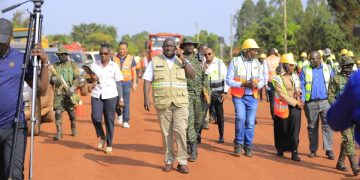
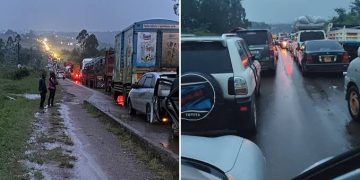




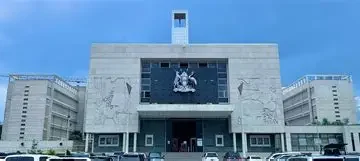
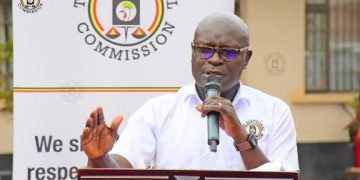
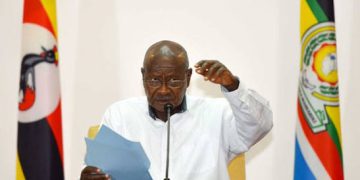

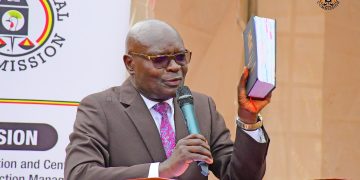
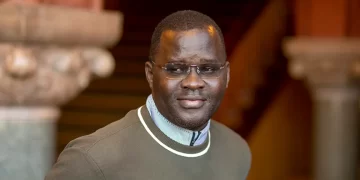


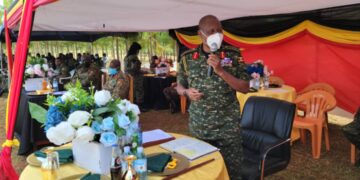

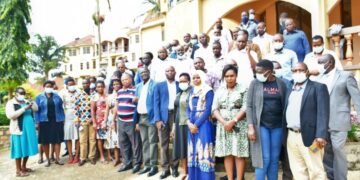
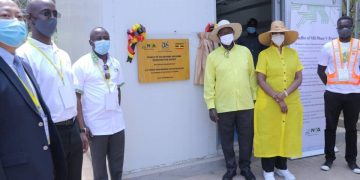

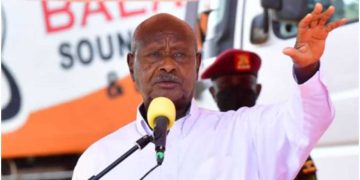
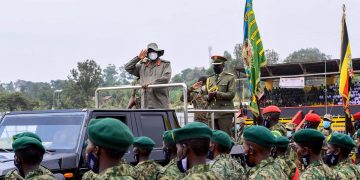
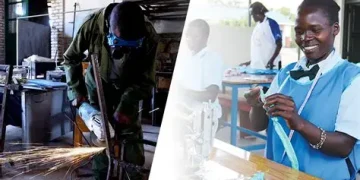



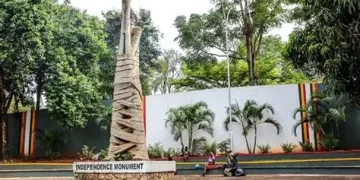


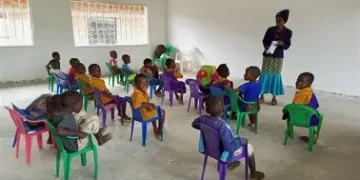


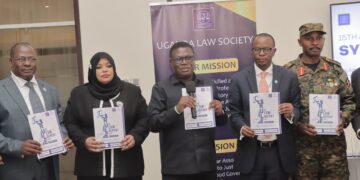

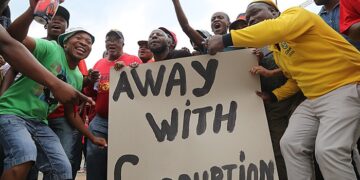
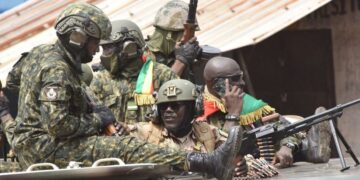


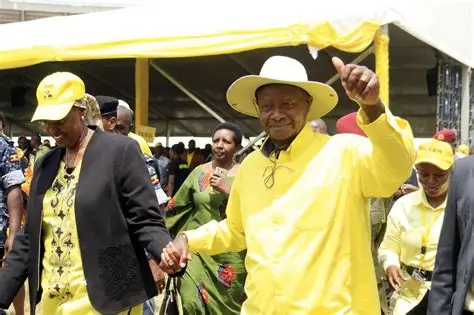






Discussion about this post